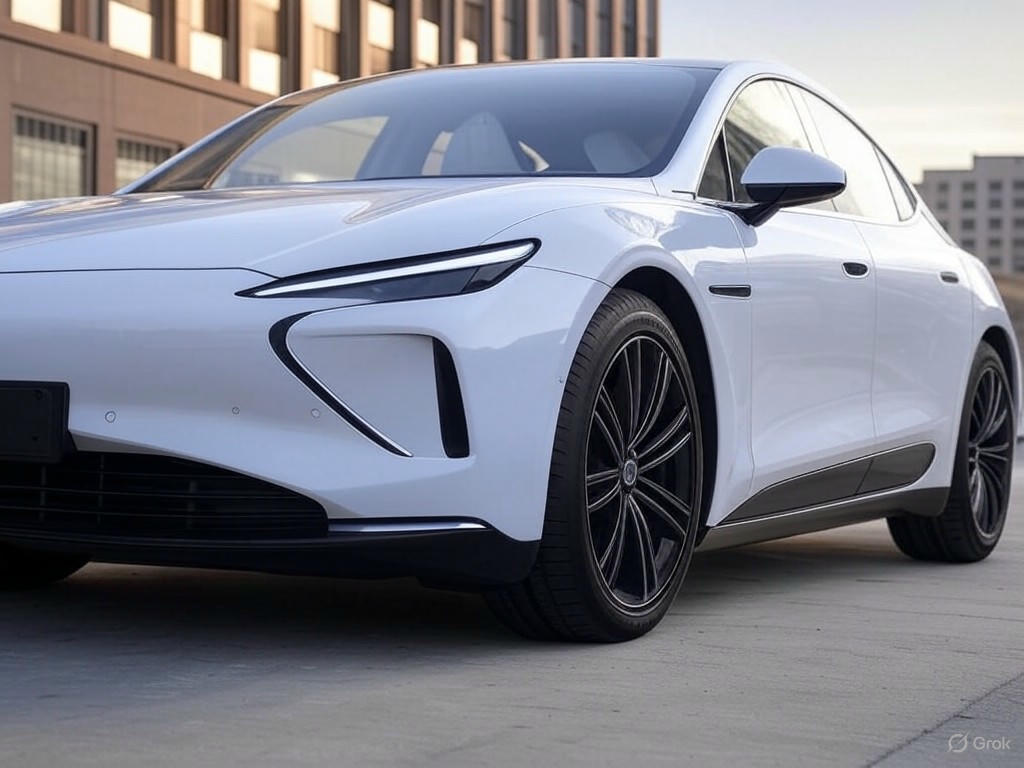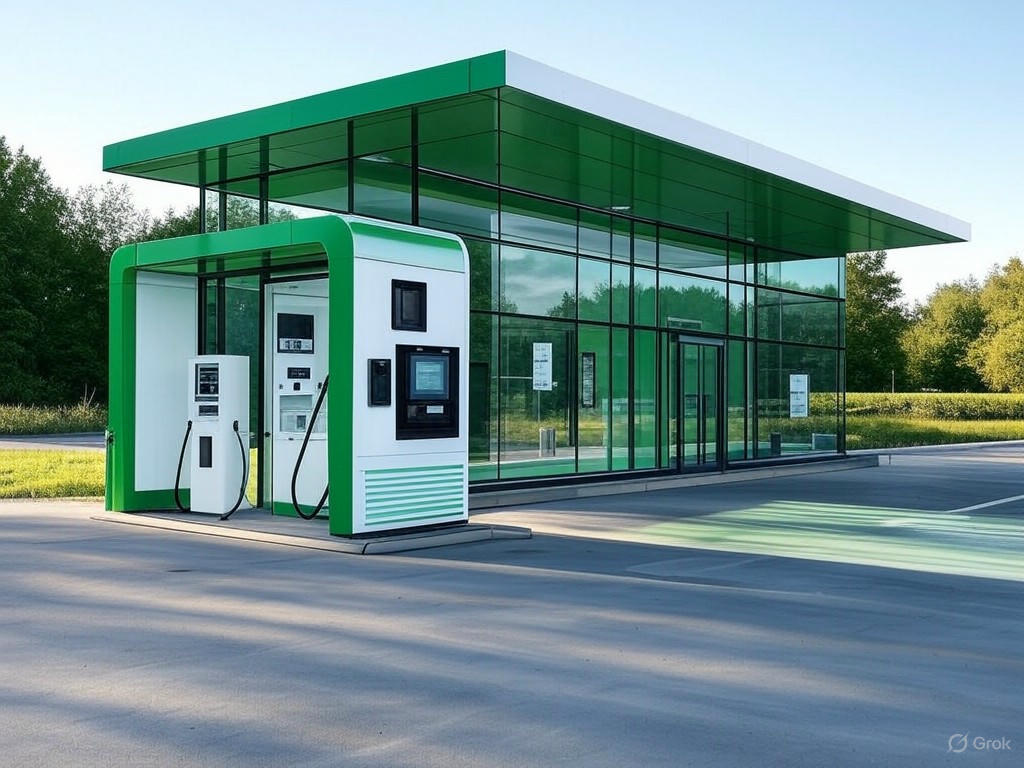As the world grapples with the urgent need to reduce vehicle emissions and transition to clean energy, hydrogen fuel cells have emerged as a promising technology in the realm of alternative fuels. This article explores the potential role of hydrogen in future mobility, emphasizing its contribution to fuel efficiency, sustainability, and the broader energy transition.
Hydrogen fuel cells generate electricity through the chemical reaction of hydrogen and oxygen, producing only water as a byproduct. This process is significantly more environmentally friendly compared to traditional internal combustion engines, which rely on fossil fuels and emit harmful pollutants. 
The adoption of hydrogen as an alternative fuel could play a crucial role in reducing vehicle emissions and enhancing fuel efficiency. Research and development in the automotive sector are increasingly focused on harnessing the potential of hydrogen fuel cells. Major automotive manufacturers are investing in this technology, seeing it as a key component of automotive innovation and a step towards a more sustainable future.
However, the widespread adoption of hydrogen fuel cells faces several challenges, primarily related to infrastructure. The establishment of a comprehensive network of hydrogen refueling stations is essential to support the growth of hydrogen-powered vehicles. Governments and private companies are beginning to address this issue, with pilot projects and investments in infrastructure development underway in various parts of the world.
The transition to hydrogen-powered mobility is not just about vehicles and infrastructure; it is also about integrating hydrogen into the broader energy ecosystem. Hydrogen can be produced from renewable energy sources, making it a versatile carrier of clean energy. This integration is a critical aspect of the energy transition, as it aligns with global efforts to reduce reliance on fossil fuels and combat climate change.

In conclusion, while there are hurdles to overcome, the role of hydrogen in future mobility is increasingly recognized as a vital part of the solution to achieving sustainability in transportation. Continued research and development, coupled with strategic investments in infrastructure, will be key to realizing the full potential of hydrogen fuel cells in the automotive industry.